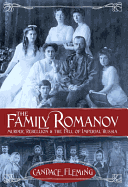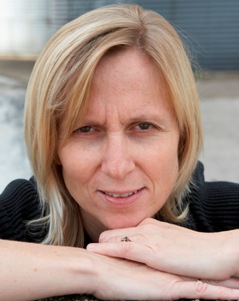 |
| photo: Josyane Piffaut |
Frédérique Molay graduated from France's prestigious Sciences Po, worked in politics and the French administration and was elected to the local government. Meanwhile, she spent her nights pursuing a passion for writing she had nourished since she wrote her first novel at the age of 11. In 1992, she interviewed Mary Higgins Clark for a French daily, and those few hours changed her life. When The 7th Woman, just published in English by Le French Book, won France's prestigious crime fiction award, the Prix du Quai des Orfèvres, Molay dedicated her life to writing. She also teaches literature to children in the hopes of giving them a desire to read and travel with the mind, to feel strong emotions, and perhaps to write. She lives in Burgundy, France.
On your nightstand now:
My nightstand is more like a mini library, with The Reversal by Michael Connelly and Invisible by Paul Auster, which I recently finished. I'm currently reading a book by the French author Philippe Besson called Une bonne raison de se tuer. When I finish that, Sweet Tooth by Ian McEwan awaits me, along with about 15 other books gathering dust. I'll spare you the details.
Favorite book when you were a child:
Enid Blyton's Famous Five series first, and then books by Stephen King when I was a little older.
Your top five authors:
You do realize what a cruel question that is, don't you? There are so many books I have loved and would have loved to have written. I'll limit this list to my favorite contemporary English-language authors: Paul Auster, William Boyd, David Lodge, Cormac McCarthy, Jay McInerney, not to mention Michael Connelly. That's six. Deal with it.
A writer--living or dead--for whom you'd take a bullet:
My eldest daughter recently won two short-story prizes. I would risk my life for her, no questions asked.
Book you've faked reading:
The French classic Le grand Meaulnes by Alain-Fournier.
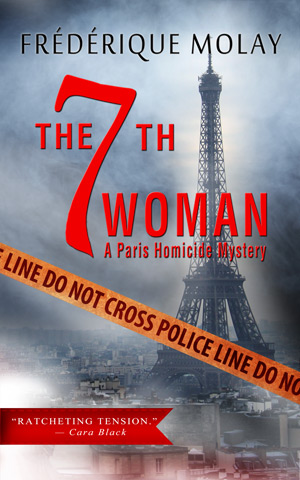 Book you're an evangelist for:
Book you're an evangelist for:
René Char's Fureur et mystère, a collection of poems that denounce the fury of the world, opposing it to the mystery of poetry.
Book you've bought for the cover:
When I was younger, I would jump on anything from the Special Suspense collection that published Mary Higgins Clark in French. More recently, French translations of Paul Auster, and Akira Yoshimura's Shipwrecks.
Book that changed your life:
Planet of the Apes by Pierre Boulle, which has so much more than its movie version in terms of role reversal (I loved the movie, too). It has relentless suspense, coupled with a critical view of society and a satire of human pride, and it leads readers to tolerance, much in the lines of Voltaire and philosophers from the Age of Enlightenment. That book made me want to write.
Favorite line from a book:
"My happiness did indeed arise from the same secret as the happiness in dreams; it arose from the freedom to experience everything imaginable simultaneously, to exchange outward and inward easily, to move Time and Space about like scenes in a theatre." --Hemann Hesse, The Journey to the East
Which character you most relate to:
My [own] hero: Paris chief of police Nico Sirsky, who heads up the celebrated criminal-investigation division. I've always been fascinated by Marvel Comics superheroes, and he's got some of that in him. Then there is his mother, Anya, who has some of my paternal grandmother in her. That same grandmother loved American TV series--we used to watch them together--and her Ukrainian background left its mark on me. I miss her, which is certainly why I created that character. They have the same deep blue eyes and flamboyant personality.
Book you most want to read again for the first time:
Knulp by Hermann Hesse, the story of a dreamer exploring the vastness of the world; it invites the reader to find his own road.
Reason you set your books in Paris:
Who doesn't dream of the City of Light? The 7th Woman and the other books in the Paris Homicide series are like a plane ticket there. Not only do you get the setting, but the police procedure is also Made in France, and the characters necessarily are marked by the history and culture of Europe. I chose to make the police headquarters at 36 Quai des Orfèvres central to the stories because that address is as famous to the French as 221B Baker Street is to the English. I wanted to give readers an inside feel of where France's top crime-fighters are based, where they cross paths with famous predecessors (the most well-known certainly being Chief Inspector Maigret, created by Georges Simenon).
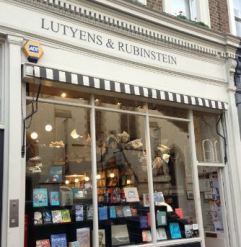








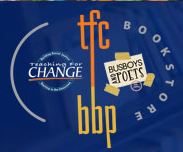 On his show yesterday, conservative talk radio host
On his show yesterday, conservative talk radio host 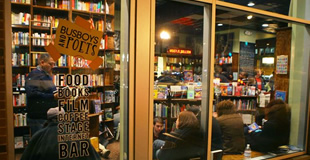 On its website, Teaching for Change noted that Limbaugh's listeners have barraged the organization with calls, e-mails and
On its website, Teaching for Change noted that Limbaugh's listeners have barraged the organization with calls, e-mails and 
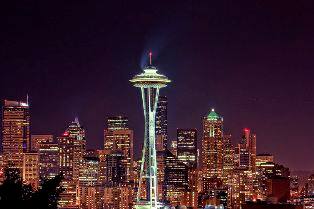 On June 2, the City Council of Seattle, Wash., voted to raise the city's minimum wage to an unprecedented $15 per hour over the next seven years. Seattle businesses, depending on number of employees and current benefits, have varying deadlines to phase in the wage increases--businesses with more than 500 employees have until 2018, while businesses with 500 employees or fewer have until 2021. And by April of next year, businesses with 500 or fewer employees must pay at least $11 per hour to employees who receive only wages as compensation and at least $10 per hour to employees who receive tips or benefits in addition to their wages. With no U.S. model to look toward, Seattle business owners, including independent booksellers, face a great deal of uncertainty.
On June 2, the City Council of Seattle, Wash., voted to raise the city's minimum wage to an unprecedented $15 per hour over the next seven years. Seattle businesses, depending on number of employees and current benefits, have varying deadlines to phase in the wage increases--businesses with more than 500 employees have until 2018, while businesses with 500 employees or fewer have until 2021. And by April of next year, businesses with 500 or fewer employees must pay at least $11 per hour to employees who receive only wages as compensation and at least $10 per hour to employees who receive tips or benefits in addition to their wages. With no U.S. model to look toward, Seattle business owners, including independent booksellers, face a great deal of uncertainty.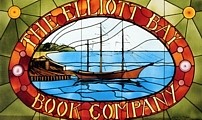 "What we know is that our expenses are going to go up starting next year," said Peter Aaron, owner of
"What we know is that our expenses are going to go up starting next year," said Peter Aaron, owner of 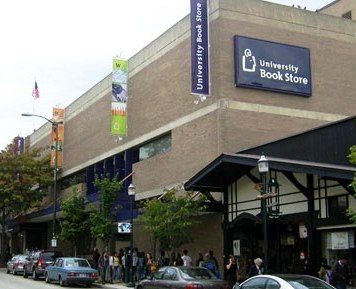 "We're all supportive of the fact that Seattle is a very expensive place to live and that people should be paid fair wages," said Lara Konick, human resources director for
"We're all supportive of the fact that Seattle is a very expensive place to live and that people should be paid fair wages," said Lara Konick, human resources director for 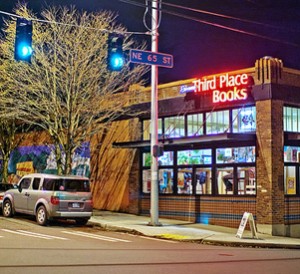 Robert Sindelar, the managing partner of
Robert Sindelar, the managing partner of 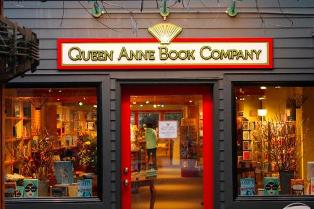 "We're all of the opinion that our booksellers are more than worth it," said Janis Segress, co-owner and manager of
"We're all of the opinion that our booksellers are more than worth it," said Janis Segress, co-owner and manager of 
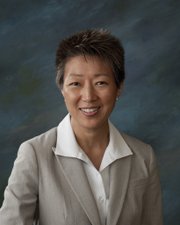 The U.S.
The U.S. 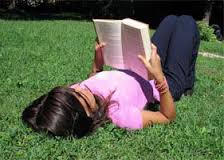 A new survey commissioned by
A new survey commissioned by 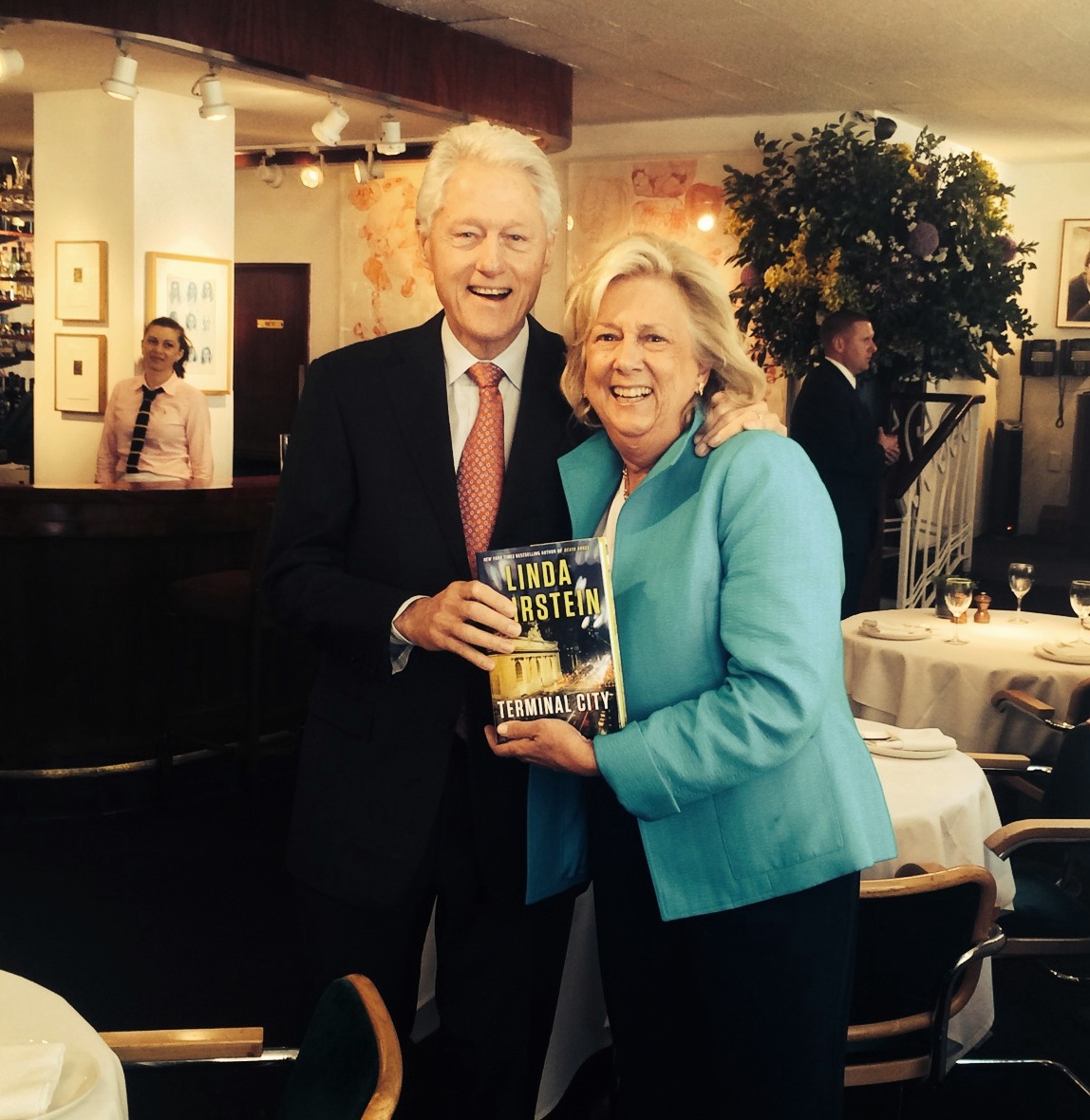 Earlier this week, author Linda Fairstein celebrated the publication of her new thriller, Terminal City (Dutton), with lunch at the famed New York City restaurant Michael's. Former President Bill Clinton, a friend of Fairstein, stopped by to say hi and noted, "Half of what I know about New York City I learned [from] Linda's books."
Earlier this week, author Linda Fairstein celebrated the publication of her new thriller, Terminal City (Dutton), with lunch at the famed New York City restaurant Michael's. Former President Bill Clinton, a friend of Fairstein, stopped by to say hi and noted, "Half of what I know about New York City I learned [from] Linda's books."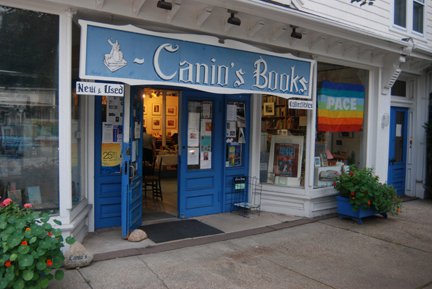 "Some people say bookstores are going out of style, but out across the Hamptons and North Fork, folks make sure to keep them in business with a cup of coffee and a few good books," Hamptons.com noted in
"Some people say bookstores are going out of style, but out across the Hamptons and North Fork, folks make sure to keep them in business with a cup of coffee and a few good books," Hamptons.com noted in 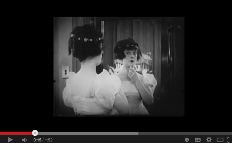 Mabel and Me: A Novel About the Movies
Mabel and Me: A Novel About the Movies
 Book you're an evangelist for:
Book you're an evangelist for: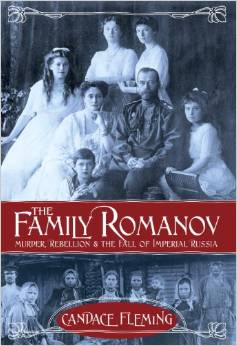 Fans of Candace Fleming (The Lincolns; The Great and Only Barnum), widely recognized for her scholarly, engaging nonfiction, will immediately notice something different about The Family Romanov. It is not filled with sidebars or artifacts that leap off the page. This fascinating, handsome book is about words--not only the author's narrative, but those of the people who lived the events.
Fans of Candace Fleming (The Lincolns; The Great and Only Barnum), widely recognized for her scholarly, engaging nonfiction, will immediately notice something different about The Family Romanov. It is not filled with sidebars or artifacts that leap off the page. This fascinating, handsome book is about words--not only the author's narrative, but those of the people who lived the events.